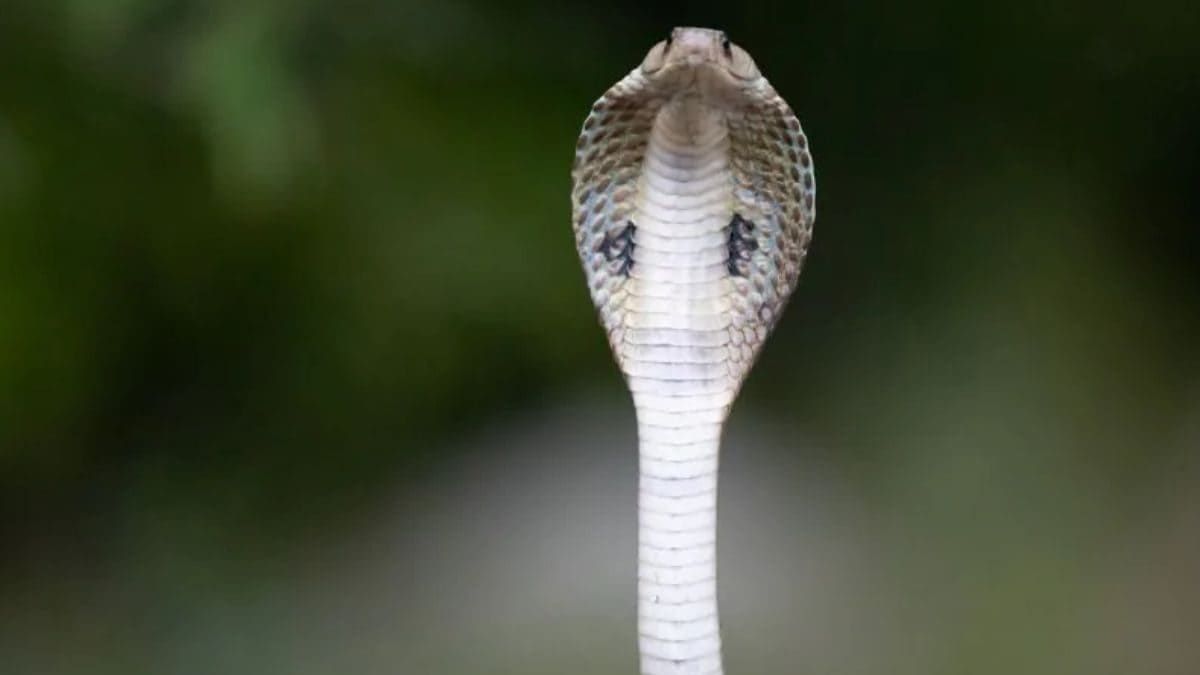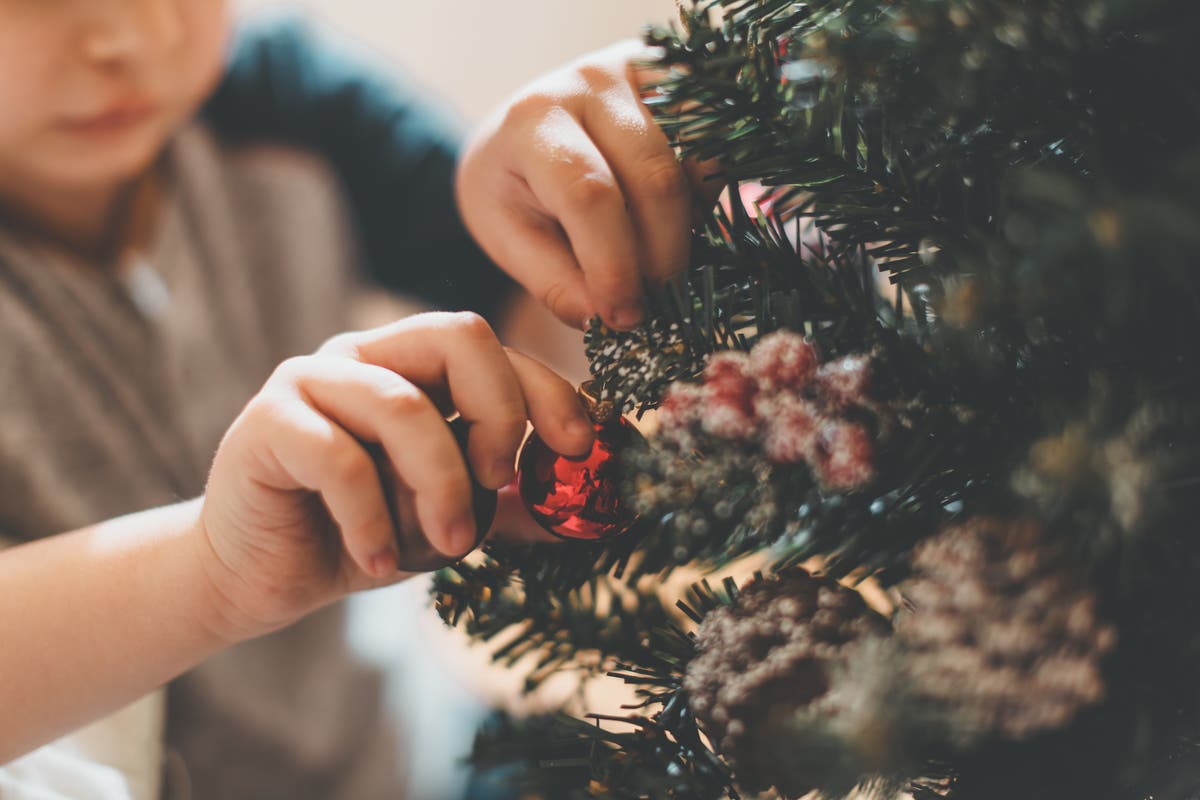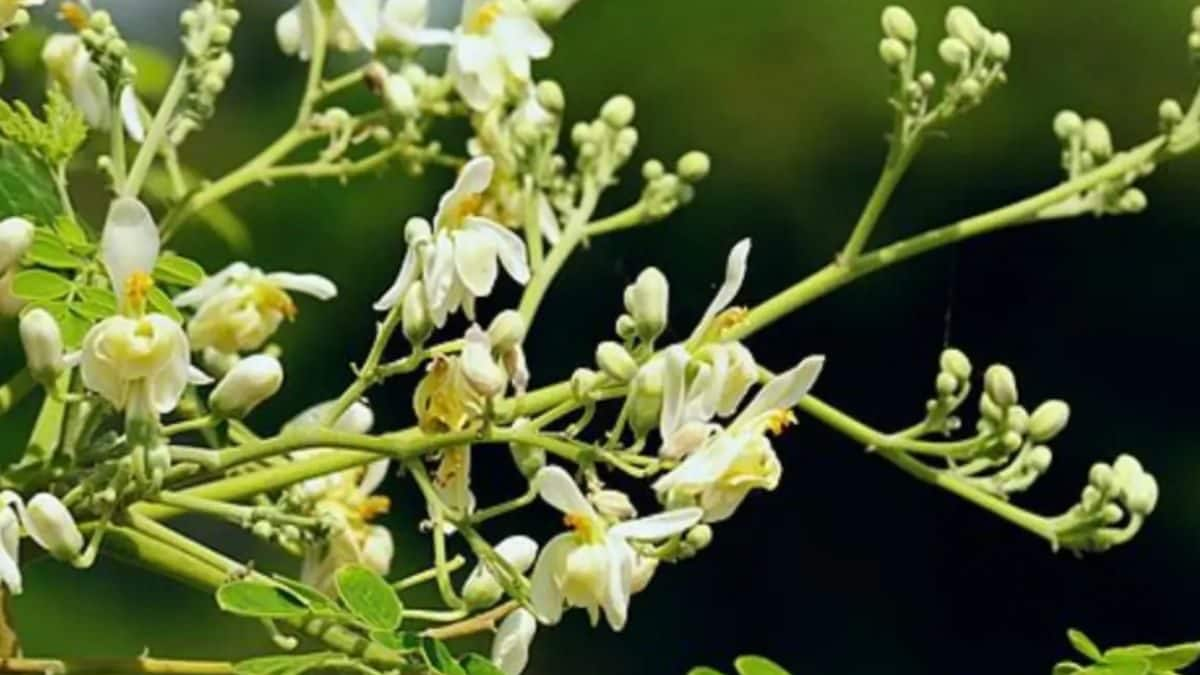On Nag Panchami, farmers traditionally refrain from working in the fields.
Lord Shiva, often depicted with a snake coiled around his neck, symbolizes his dominion over death and his control over the destructive forces of nature.
Nag Panchami, a traditional Hindu festival, is dedicated to the worship of snakes and is celebrated on the fifth day of the bright half of the lunar month of Sawan (Panchami Tithi of Shukla Paksha in the month of Sawan), which this year falls on August 9.
This festival highlights the deep reverence for snakes, particularly cobras, which are considered symbols of fertility, protection and life force. On this auspicious day, the shape of a snake is traditionally created on the walls of houses using cow dung.
Pandit Basant Sharma Maharaj, priest of the Durga temple in the erstwhile irrigation colony of Janjgir district headquarters, shares his insights on the importance of worshipping nagas during Nag Panchami. According to him, nagas are considered to be protectors of treasures and sacred places. Worshipping them is believed to offer protection from snake bites and other dangers. Lord Shiva, who is often depicted with a snake coiled around his neck, symbolises his dominion over death and his control over the destructive forces of nature.
Pandit Ji explains that Takshak Nag is the main deity worshipped on Nag Panchami. The shape of the snake is drawn on walls rather than on the ground to prevent it from being stepped on, which would be considered disrespectful. Near the mouth of the snake figure, tilak made of cotton and sandalwood is applied and the figure is erased on the Pora day.
It also mentions that it is considered auspicious for a newly married bride to offer Nag puja to the snake figure on the wall. After the domestic puja, offerings of raw milk and puffed rice are placed in the fields, at a Shiva temple or near a mud snake den to honour the snake god. On Nag Panchami, farmers traditionally refrain from working in the fields and do not use iron farming tools as a mark of respect for the holy day.












